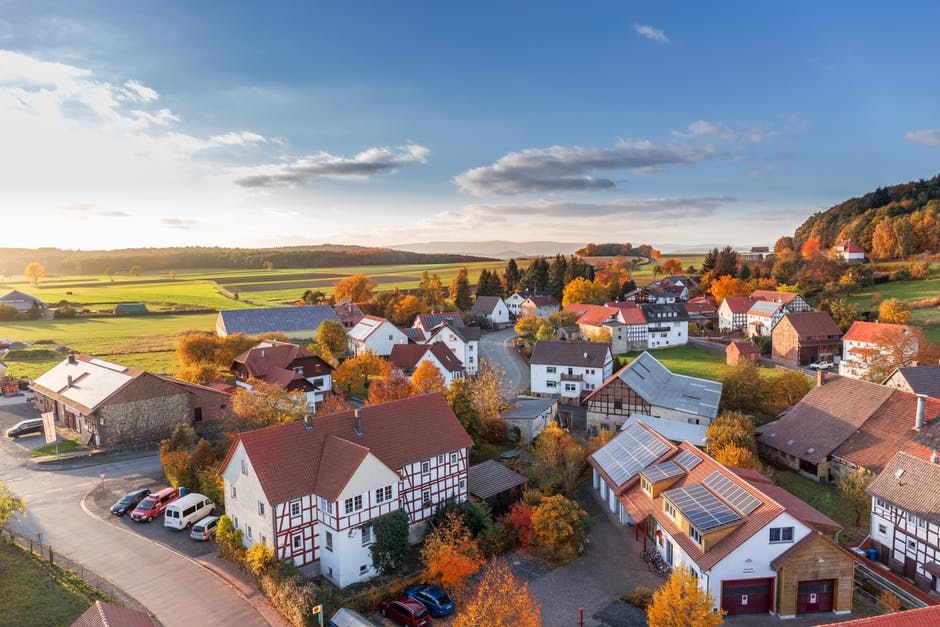Why bother swapping my annual holiday flights for a train if the wealthy and famous fly around in private jets? Why use my car less often if there are millions of others who chug on regardless? What, in other words, is the point in taking individual actions to benefit the environment when they make such little difference?
It’s easy to feel that whatever you do as an individual to tackle climate change, the results will be so puny in the grand scheme of things, that they’re worthless.
In fact, the 2018 British Social Attitudes report showed that this feeling of helplessness is fairly normal: asked about the chances that limiting their own energy use would reduce climate change, the average score was 4.4, on a scale ranging from 0 (not at all likely) to 10 (extremely likely).
Seen from one perspective, this makes sense. Unless you happen to run a major industrialised nation or airline, whatever you do individually, your impact on global greenhouse gas emissions is likely to be minuscule in the scheme of things.
But that’s not to say you should give up and leave action to save the planet in the hands of the state, mega-corporations and a lone 17-year-old Swedish girl, Greta Thunberg.
The power of influence
Steve Westlake, a behavioral scientist at Cardiff University, argues that individual action really does make a difference. His research has shown that by doing something bold like giving up flying, you can have a wider knock-on effect of influencing others and shifting what’s viewed as normal.
Read more: loop




